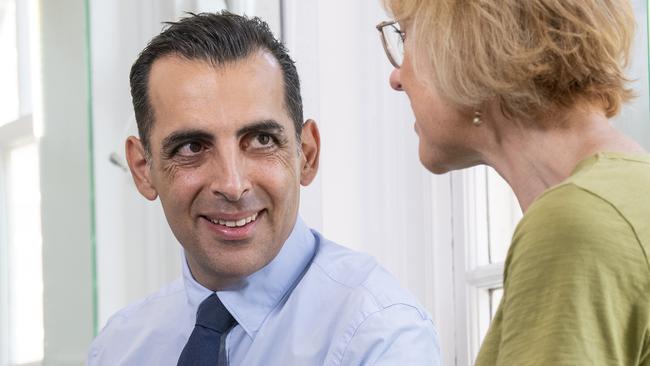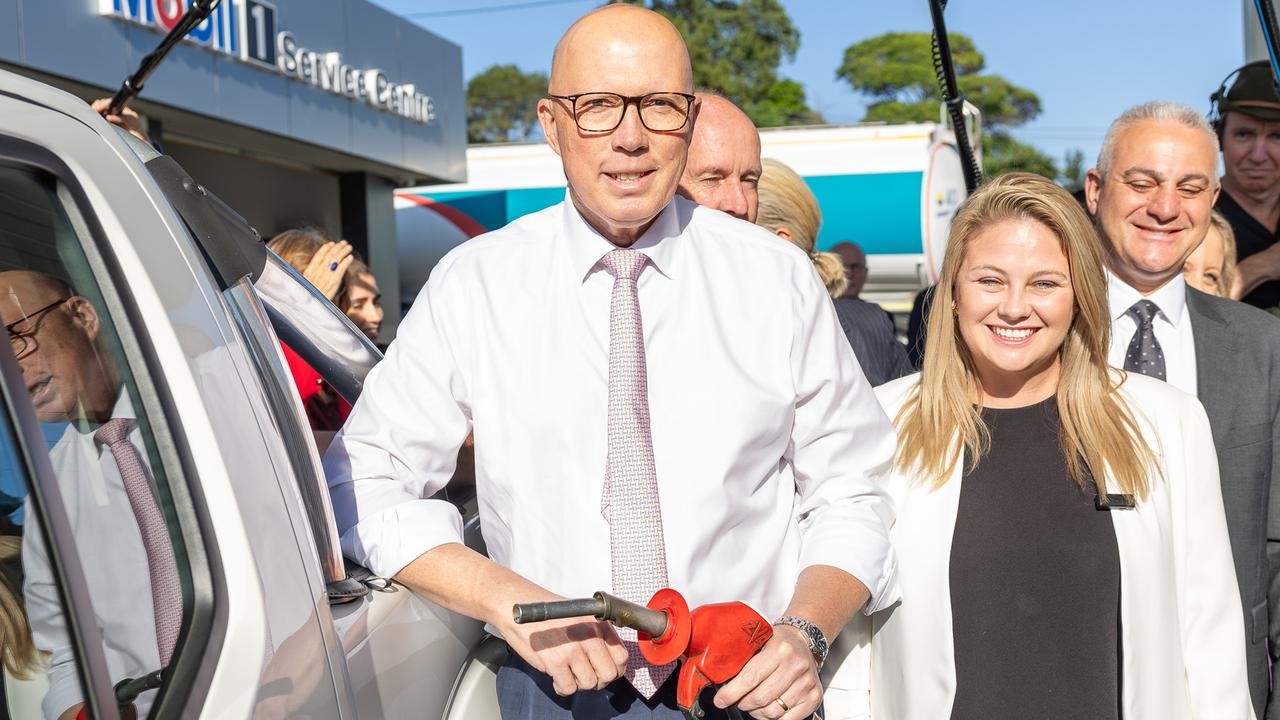CBA muscles in on health insurance claim terminal market, challenging NAB’s HICAPS
The bank has launched a new health insurance claims terminal, upping the tech arms race among its peers – and potentially making wallets obsolete.

Mobile phones are increasingly replacing wallets and Commonwealth Bank is targeting the last frontier where plastic cards dominate: health insurance claims.
CBA is attempting to muscle in on the health insurance claims market, launching a new app-linked device that it hopes will make card terminals obsolete.
The move is a fresh shot in CBA’s ambition to topple National Australia Bank as the country’s largest business lender. NAB’s Health Industry Claims and Payments Service – or HICAPS – product has dominated the health sector for decades.
But its grip has been loosening as it faces competition from Tyro Payments, while last October CBA won a lucrative contract to build a new claims at point of support channel for the NDIS.
It comes as the banks are racing to ensure they are not left behind in the digitisation and cloud stakes, particularly as technology giants encroach on financial services, and more crucially the customer loyalty and data gold rush.
Commbank Health chief executive Albert Naffah said CBA’s new device could lead to “billion dollar savings across the healthcare sector” through administration and management efficiencies and what he describes as an “Uber experience”.
He said customers could use their phones, with CBA’s new terminal offering contactless claiming, while those who prefer plastic can use their existing debit or credit cards rather than rummaging through their wallets to process gap payments and rebates in a single transaction.
“You might remember the last time you saw your dentist you probably had to review a receipt that was at least a foot long with all the different item numbers that you are covered for and then sign that receipt,” he said. “The dentist would have to store that paper receipt somewhere either on premises or off-site for up to seven years in case they were audited or an inquiry came from the patient. We’ve done away with that … it does essentially make those terminals for the majority of cases, I think, obsolete.”
Receipts are instead issued digitally and stored online at a data centre located in Australia, with patients signing on a screen instead of paper.
Data is automatically sent to CBA’s Smart Health Hub, a digital portal where healthcare providers and practice managers can access receipts and health insurance records as well as track and reconcile payments.
“We’re trying to simplify it for the provider network. They’ve got a lot of complexity in their lives and more pressures these days than you can imagine with workforce shortages, cost pressures etc,” Mr Naffah said.
“(CBA’s device) is on a modern Android-based smart terminal. In that same portal they can look at live transactions, they can do real time reconciliation, which is something not many other providers or suppliers provide.”
Research from KPMG and Commbank Health found 71 per cent of consumers said fully digital processes would make it easier and faster to book, claim and pay for appointments, while 44 per cent said they would consider changing providers if it offered a quicker and easier claims process.
“We took inspiration from the likes of Uber and some of the retail applications,” Mr Naffah said.
“The search and the connection of the two sides of the network should be made easier. That’s why we first collaborated with Whitecoat and then acquired that business, which is the largest healthcare directory in the market and integrated into our solution. Then the payment and the claim is seamless into an experience that is as frictionless and as invisible as possible.”
But as banks generate volumes of individual data, consumers risk being swept up in their loss of control in how the information is used – or worse, subject to a Medibank-style cyber attack, which exposed the health records of almost 10 million customers.
Mr Naffah said security was a “non-negotiable hygiene”, citing a string of data certifications and accreditations. “Our reputation is hinged on that,” he said.



